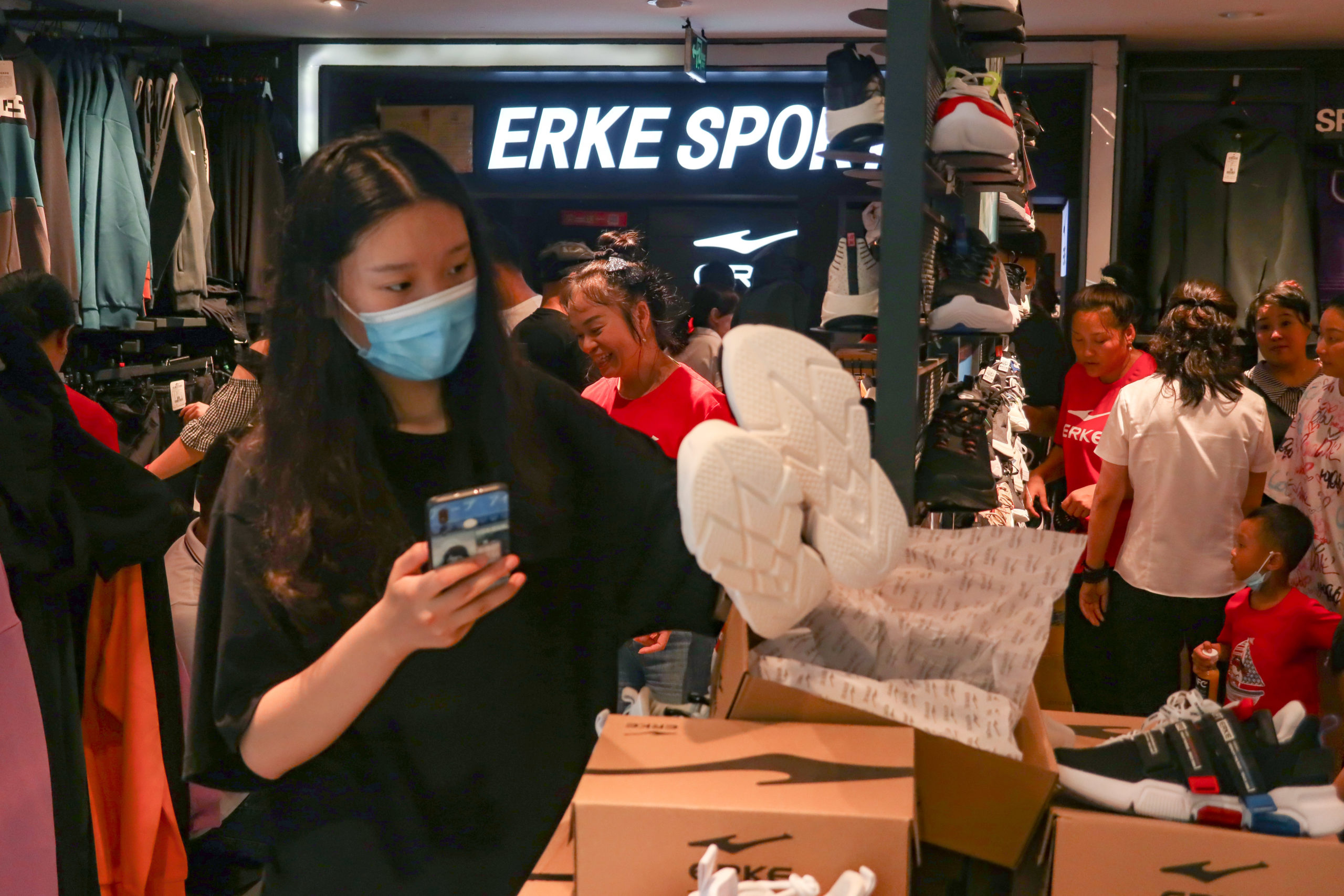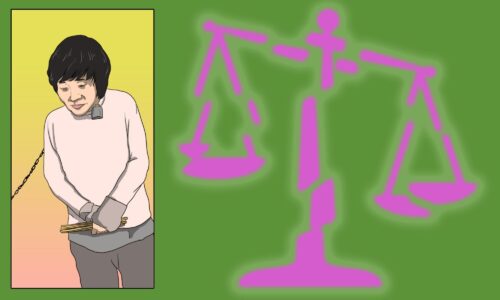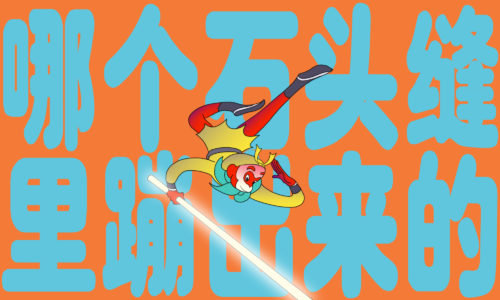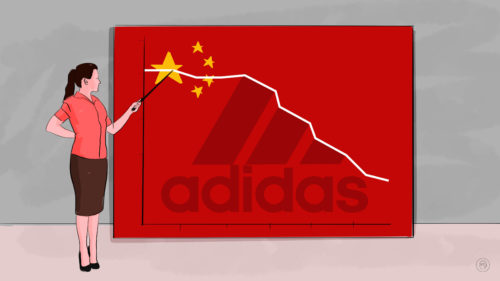Flood-relief donation lifts struggling Chinese brand out of financial funk
Erke is an also-ran sneaker and sportswear brand, but a low-key donation for emergency aid to flood-struck Henan Province was noticed by online shoppers and social media users who started a buying frenzy.

For years, Chinese sportswear brand Erke has been in a financial slump, delivering sinking profits in a shopping environment scrambled by the rise of global giants like Nike and Adidas. But things turned around almost overnight last week for the dying company, which — in a matter of just a few days — saw its sales climbing so high that it’s inventory is now nearly depleted.
What caused this change in its fortunes? Not a big-name designer. Not a celebrity endorsement. But a huge donation to relief efforts as massive floods receded in Henan Province.
Erke’s unlikely revival took off on the night of July 22 when one of its Weibo posts went viral. In it, the company announced that it would donate 50 million yuan ($7.68 million) worth of supplies to victims affected by the disastrous event in Henan, which so far has resulted in 71 deaths and the relocation of hundreds of thousands of people.
In a stark contrast to some other companies and celebrities who also offered donations, Erke stayed low-key, and the company eschewed paid publicity on social media. But the philanthropic deed didn’t go unnoticed: Within hours after the announcement, the Chinese internet exploded with praise for its goodwill.
Some admirers pointed out that Erke’s contribution was particularly impressive given its financial situation. Founded in 2000 and headquartered in Xiamen, Fujian province, Erke was 220 million yuan ($33.7 million) in the red in 2020, whereas its major domestic competitor Li-Ning saw its revenue increase 4.2% year-on-year to 14.46 billion yuan ($2.22 billion) the same year.
“I thought you were on the verge of bankruptcy. How did you manage to give away so much money while struggling to stay afloat?” a Weibo user commented on Erke’s donation post. Another person asked, “Your charitable giving really deserves wider recognition. Why are you not buying social media ads to highlight the effort?”
The widespread praise quickly snowballed into a spontaneous campaign on Weibo, where impassioned posts about Erke’s donation flourished and several hashtags emerged with a goal to raise awareness of the company’s underappreciated act. By the midnight of July 22, hashtag “Comments on Erke’s Weibo are so saddening” #鸿星尔克的微博评论好心酸# topped the list of trending topics on Weibo, with similar hashtags generating millions of views across various social media platforms.
It didn’t take long for the positive attention to translate into an exponential increase in sales. The next day, a staggering 9 million people tuned in to watch Erke’s livestream on the Chinese ecommerce site Taobao — up from its normal audience of only thousands of viewers. The number of orders placed during the livestream was overwhelming. At one point, Erke’s CEO Wú Róngzhào 吴荣照 intervened, reminding shoppers to “avoid impulsive purchases” and assuring them that the business was not on the brink of collapse in spite of lackluster sales in the past few years.
However, his well-intentioned advice was largely ignored. The Taobao livestream was flooded with comments like “We want to go wild!” and “Give me the most pricey item.” By July 23, the company had sold goods worth more than 67 million yuan ($10.3 million) through livestreams on various platforms. A report by JD.com, one of China’s biggest ecommerce websites, showed that on Friday alone, Erke witnessed a 52-fold sales increase, which brought its daily sales on the site to around 6.3 million yuan.
Offline sales also skyrocketed, with stories of shoppers standing in the line for hours to get into Erke stores and tales of people paying double the price for Erke products circulating on the internet. On July 25, the company said that it was experiencing a serious lack of inventory due to the near-overnight surge of demand. During a Sunday visit to Erke’s main factory in Sichuan, reporters at Red Star News found (in Chinese) that the workers doing overtime. The factory had to hire additional staff to keep production in high gear.
Erke was one of several Chinese companies that have jumped in to provide donations and aid to people in Henan. Chinese tech giant Tencent, one of the biggest givers, made a donation of 100 million yuan ($15.36 million) last week, while encouraging users of Tencent docs, its online word processor, to exchange information about people in need of assistance on collaborative spreadsheets.
Erke is the latest benefactor of a nationalist shopping spree in China, where consumers — especially young people who identify with patriotic values — have showed growing support for homegrown businesses and intensifying resistance to foreign companies that they perceive to be disrespectful to Chinese culture or critical of China’s human rights practices.
In March, Chinese consumers rallied around a state media-backed campaign to boycott foreign fashion brands — including H&M, Nike, and Adidas — for their avoidance of Xinjiang cotton due to forced labor allegations. Tapping into the nationalistic sentiment, a slew of Chinese local brands made patirotism front and center of their marketing campaigns, including domestic sportswear brands Anta Sports and Li-Ning.






